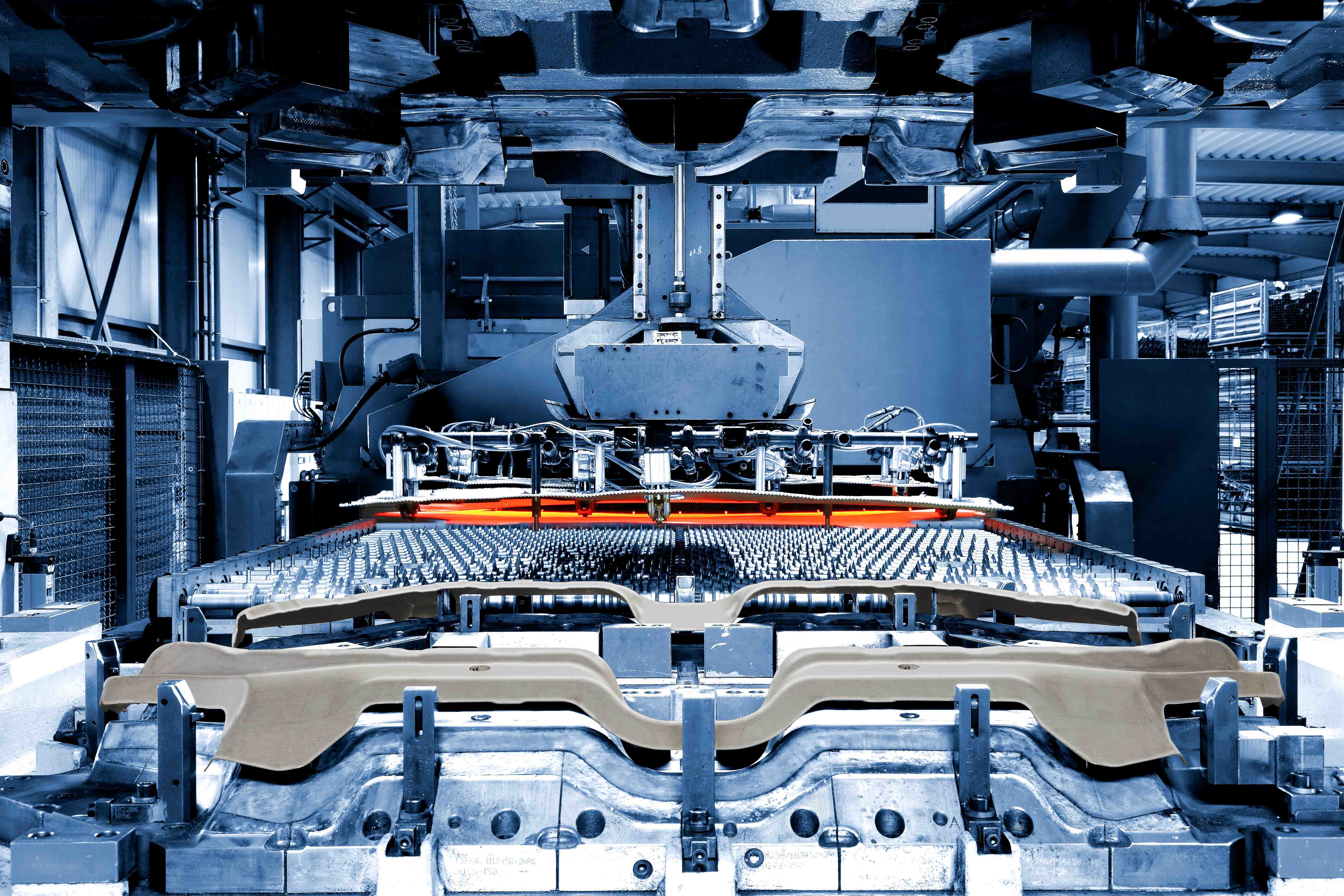In the midst of the second Corona lockdown and at the beginning of the Biden Administration, AmCham Germany interviewed Wolfgang Kirchhoff, CEO of our member company KIRCHHOFF Automotive, on supply chain management in times of COVID-19 and common interests and challenges American and German companies are currently facing.
Mr. Kirchhoff, how has the COVID-19 pandemic affected your supply chain management and product exports?
Currently, supply chains or exports to the US are not being affected by COVID-19. However, our work on important projects is affected because our employees cannot travel. And since we work very successfully and effectively in a global matrix organization, this affects us. However, supply chains and exports to Asia are massively affected by COVID-19, because cargo ships are not allowed to land or entire ports are quarantined.
How should transatlantic cooperation be improved in the future in order to further strengthen the industry you are working in?
The transatlantic alliance should commit to free and fair trade. This guarantees growth and prosperity for all parties. And let me be clear: This is not a one-way street. Europe will also have to move a lot, it is not only the market of the US that is protected in quite a few product groups. In addition, like good and long-standing friends, we must once again treat each other with trust and respect!
Can you describe the common interests and the challenges both American and German companies are currently facing in the automotive sector?
In the automotive industry, we have the common interest of ensuring progress and competitiveness. This industry is undergoing the greatest transformation in its history and on both sides of the Atlantic there are strengths and weaknesses in the technologies and changes required. If we take the transatlantic alliance seriously, we would strengthen our strengths and balance out our weaknesses.
What opportunities does the current situation present for your company and what have you learned during the last year?
The global vehicle market is forecast to grow by 10-15% in 2021. This offers many opportunities after a 2020 that was heavily impacted by COVID-19. The pandemic has required us to react quickly and flexible, and this can only be beneficial for the future.
What does KIRCHHOFF Automotive expect from the German government with regards to the attractiveness of Germany as a business location?
Germany must address serious locational disadvantages that we, as part of the industry, have been addressing for a long time. Our taxes, duties and the state quota are far too high. So are energy costs and the renewal of infrastructure, including digitization and 5-G networks.
How has the COVID-19 pandemic affected your cooperation with automotive manufacturers in the development of vehicle models?
We were able to advance or conclude ongoing projects with Original Equipment Manufacturers very well over the past year in 2020. There is much more going on digitally than we could have ever imagened. In order to win new projects as part of our development activities, however, face-to-face meetings are very important, because they involve a lot of know-how and intellectual property. At the beginning of a project, one wouldn’t give that away digitally. KIRCHHOFF Automotive has a lot to offer, especially in the field of crash-proof, lightweight automotive construction for electric cars. We were able to present this at the last trade fairs and we can prove it with many orders we received afterwards.
Thank you very much for this interview, Mr. Kirchhoff!

